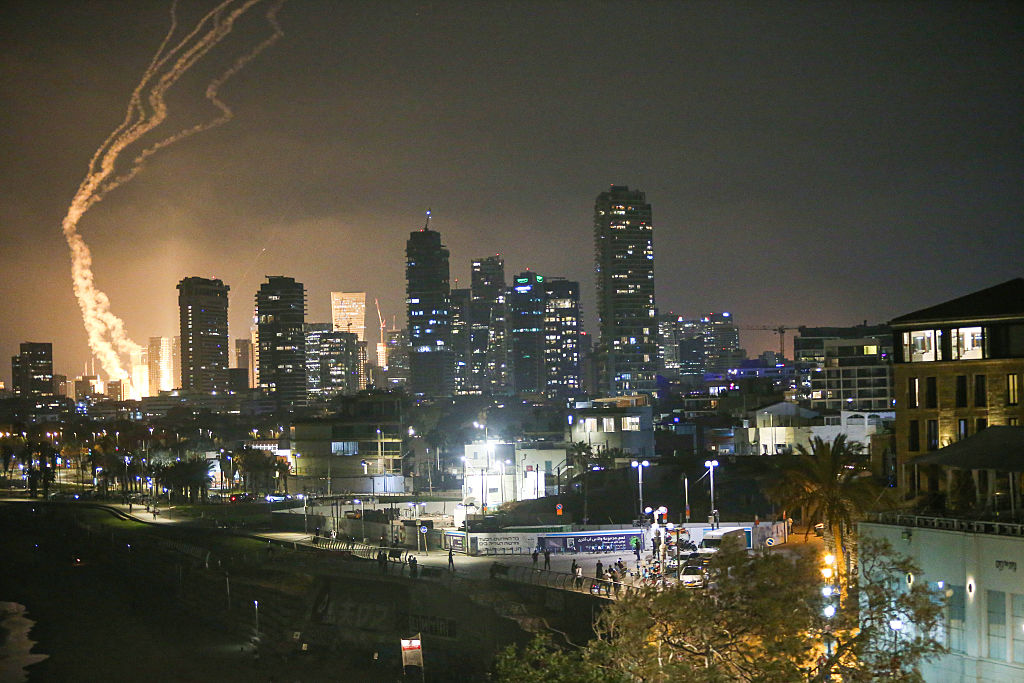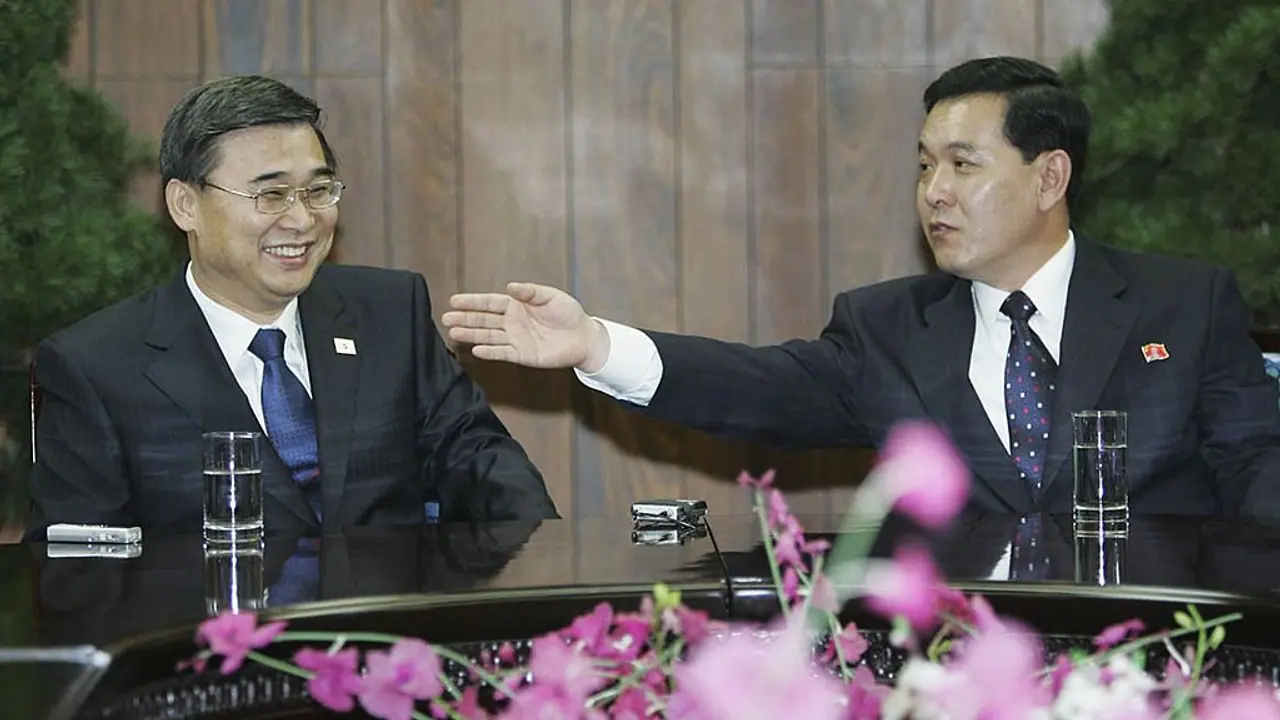As North Korea fires a fresh barrage of rockets, South Korea’s incoming spy chief makes a strong claim about U.S. nuclear retaliation. What it means for regional security now.
South Korea’s nominee to head its top intelligence agency said on Thursday that he believes the United States would launch a nuclear counterstrike if North Korea attacked the South with atomic weapons.

Lee Jong-seok, who is nominated to lead the National Intelligence Service under newly elected President Lee Jae-myung, made the remark during his confirmation hearing. He was responding to a question on whether Washington would risk its own security and respond with nuclear force even if Pyongyang possessed intercontinental ballistic missiles capable of reaching the U.S.
“Yes, that is my belief,” Lee said. He emphasized that in such a scenario where South Korea comes under nuclear attack, it is tied directly to the long-standing security alliance between Seoul and Washington. His statement comes against a backdrop of renewed tensions in the region.
Tensions spike after North Korea fires rockets post U.S.-South Korea-Japan drill

Just hours earlier, North Korea fired approximately 10 artillery rockets from the Sunan district near Pyongyang into the Yellow Sea, according to South Korea’s Joint Chiefs of Staff. The rockets were believed to be 240 mm projectiles, capable of hitting Seoul and nearby regions. No damage or injuries have been reported.
The timing of the launch followed a high-profile trilateral air exercise conducted by South Korea, the United States, and Japan. The joint drill, involving South Korean F-15K jets, U.S. F-16s, and Japan’s F-2 fighters, marked their first coordinated air force drills under the leadership of President Lee Jae-myung.
In response, the JCS said it was on full alert and prepared to respond “overwhelmingly” if necessary. They added that the South Korean and U.S. intelligence communities were analyzing the launches closely, with a focus on deterring any “misjudgment” by Pyongyang.
The rocket barrage is the latest in a string of provocations. On May 8, North Korea launched multiple short-range ballistic missiles into the East Sea. That was followed by several cruise missile launches, one of which came right after a serious accident damaged a newly unveiled North Korean destroyer, a mishap leader Kim Jong-un described as a “criminal act.”
While ballistic missile tests are clear violations of U.N. Security Council resolutions, cruise missile launches often provoke a quieter response from Seoul. Still, North Korea’s growing arsenal, including a guided 240 mm multiple-rocket system revealed last year, continues to grow its ability to strike South Korea’s capital and surrounding urban areas with better precision.


